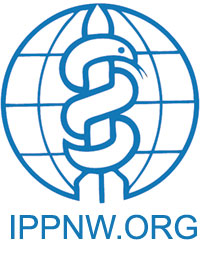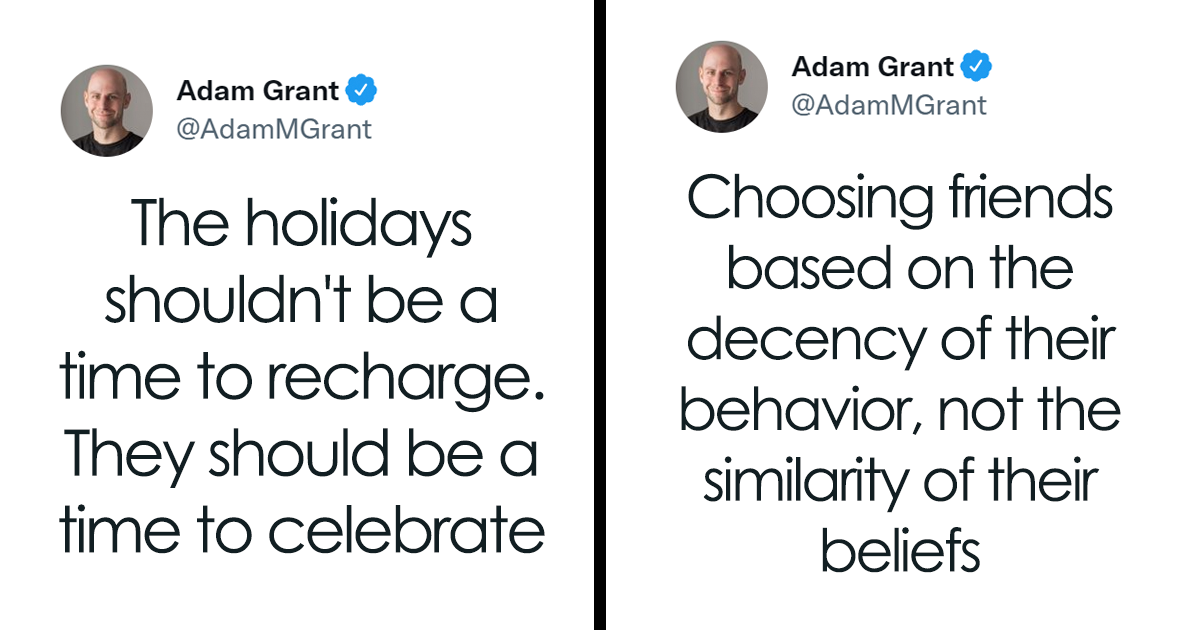Semiótica de la verdad narrada
INTERVISTA
La coscienza critica di Noam Chomsky
80 anni dalla parte del torto
Gli Usa? Ieri più criminali del Giappone, oggi più pericolosi della Cina. Parola di un intellettuale “contro”. "Democrazia vuol dire diritti umani e conquiste sociali: non come in Europa dove ci si inchina alla Bundesbank"
di Pio D'Emilia
Prima di lui ci sono solo Aristotele, Marx, Shakespeare e pochi altri. Poi nella classifica degli intellettuali più citati viene lui, Noam Chomsky, professore emerito di filosofia e linguistica presso il prestigioso Mit (Massachusetts Institute of Technology). Da sempre “coscienza critica” della politica Usa, Chomsky continua a insegnare, scrivere e girare il mondo come se avesse la metà dei suoi anni: 85, per l’esattezza. L’abbiamo incontrato a Tokyo, dove è stato invitato per una serie di conferenze che hanno registrato, come avviene ovunque, il tutto esaurito. Titolo della conferenza: “Capitalismo e Democrazia: prospettive di sopravvivenza”. Poche, secondo Chomsky.
Cosa la porta in Giappone, professore?
«Mi interesso di Giappone dagli anni Trenta. Da quando, teenager, leggevo dei crimini commessi in Manciuria e in Cina. Mi dava fastidio la differenza di trattamento che subivano , sulla nostra stampa, i “nani gialli” rispetto ai nazisti. Entrambi cattivi, certo, ma i nazisti erano pur sempre ariani, alti e biondi, umani, insomma. I giapponesi erano scimmie, anzi peggio: vermi, formiche da schiacciare. Il doppio standard è andato avanti per molto, direi: visto che tutti chiedono, legittimamente, le scuse del Giappone ma nessuno parla dei nostri crimini di guerra. Le bombe incendiarie che hanno raso al suolo Tokyo erano peggio di quelle di Dresda, e hanno provocato molte più vittime di Hiroshima e Nagasaki, per le quali nessun presidente americano ha ancora chiesto scusa. Ma anche il Giappone ha un passato che ancora pesa sui suoi vicini, un passato che continua a essere sminuito, manipolato, addirittura negato. Come il ruolo dell’esercito e dello Stato nel rastrellare decine di migliaia di donne coreane, cinesi e di altre nazionalità costringendole a prostituirsi per “ristorare” le truppe al fronte».
Tuttavia, come dire, ogni Paese ha i suoi scheletri. In Italia pochi sanno che siamo stati noi italiani i primi a usare le armi batteriologiche e i gas... «Assolutamente d’accordo. Solo che un conto è l’ignoranza, l’omissione sui testi scolastici, un conto è il negazionismo: insomma, in Germania se neghi l’Olocausto rischi la galera, in Giappone se neghi il massacro di Nanchino (nel 1937 l’allora capitale cinese fu occupata dai giapponesi: 300 mila vittime, tra cui migliaia di bambini e di donne stuprate e uccise, ndr) rischi di diventare premier...».
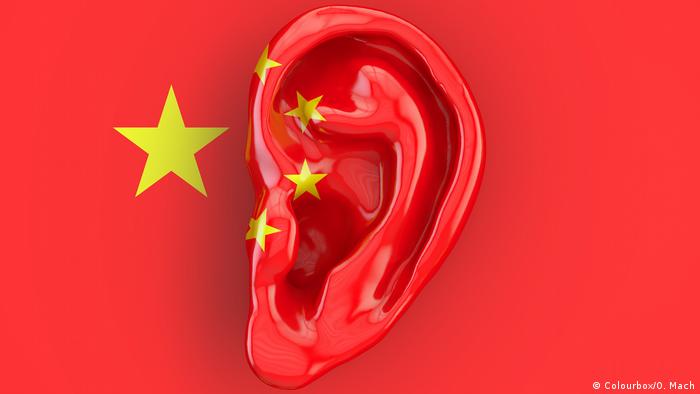 Molti in effetti pensano che le possibilità di un conflitto globale stiano aumentando, di fronte al declino del potere e dell’influenza Usa e l’emergere di una nuova superpotenza, la Cina. È una minaccia, la Cina?
Molti in effetti pensano che le possibilità di un conflitto globale stiano aumentando, di fronte al declino del potere e dell’influenza Usa e l’emergere di una nuova superpotenza, la Cina. È una minaccia, la Cina?
«Innanzitutto non credo al declino della superpotenza Usa. Gli Stati Uniti hanno conquistato questo ruolo nel dopoguerra e tuttora lo mantengono con immutata violenza e arroganza. Lasciamo per un attimo perdere la situazione qui in Oriente, dove gli Usa esprimono “preoccupazione” per il fatto che la Cina cerca di rafforzare la sua influenza nelle acque circostanti, mica nei Caraibi o davanti alle coste della California, ma ci rendiamo conto di quanto sta succedendo in Crimea?»
Era la mia prossima domanda…
«Ecco, le ho letto nel pensiero. In questi giorni leggo editoriali pazzeschi, da guerra fredda. Roba da non credere. Ma come si fa a paragonare l’azione di Putin in Crimea oggi con l’Ungheria, la Cecoslovacchia, l’Afghanistan. Nemmeno George Orwell avrebbe mai immaginato un tale asservimento al “pensiero unico”. Ma come si fa a scrivere certe cose? Come fa l’Occidente che ha aggredito e invaso l’Iraq, bombardato l’Afghanistan, passivamente assistito - se non attivamente provocato - lo smembramento della Jugoslavia e riconosciuto il Kosovo a protestare, indignarsi, addirittura adottare sanzioni contro la Russia per quanto sta succedendo in Crimea, dove non mi risulta vi siano stati massacri, pulizie etniche, violenze? Mi chiedo perché continuiamo a considerare il mondo intero come nostro territorio, che abbiamo il diritto, quasi il dovere di “controllare” e, nel caso, modificare a seconda dei nostri interessi».
Ma il continuo aumento delle spese militari cinesi, il tentativo di cominciare ad aprire basi militari all’estero, per esempio in Zimbabwe…
«Non scherziamo. A parte che la storia della base militare cinese in Zimbabwe sembra sia una bufala: ma anche se fosse vero, cosa cambierebbe? Una contro mille? La Cina non ha basi militari in tutto il mondo, non pretende di imporre il suo modello socioeconomico a nessuno e soprattutto, tranne una piccola scaramuccia con il Vietnam ai tempi di Deng Xiaoping, non mi risulta abbia mai invaso nessuno. Quanto alle spese militari, per quanto le possano aumentare, non sono minimamente comparabili con quelle degli Stati Uniti: le nostre spese militari sono più o meno equivalenti a quelle del resto del mondo intero. Senza pensare che gli Usa hanno alleati dappertutto, dall’Europa al Giappone, mentre la Cina è sola. Suvvia: paragonare la potenza militare Usa con quella della Cina non ha senso. Come non aveva senso paragonarla, a suo tempo, con quella dell’Urss».
Eppure il mondo ha paura della Cina.
«Ma neanche per sogno, queste sono le solite ossessioni occidentali, amplificate da una stampa ghiotta di senzazionalismi e capace solo di alimentare stereotipi, anziché studiare e decifrare la realtà. Eppure dei dati ci sarebbero. Di recente ho letto i risultati di un sondaggio condotto in Europa, un sondaggio pubblico, citato anche dalla Bbc. Una delle domande era su quale paese veniva percepito come maggior pericolo per la pace».
Mi lasci indovinare: vincono gli Usa?
«Sì, ma con enorme distacco, siamo oltre il 70 per cento. Secondo è il Pakistan, poi l’India, infine la Cina, con un mero 10 per cento. Gli europei sono esperti di guerre, sanno distinguere una minaccia fasulla da una reale. Quanto a devastazioni, e invasioni, non siete secondi a nessuno...»
Touché. Ma torniamo in Oriente. Come vede la questione coreana? C’è qualche speranza che Obama porti a termine quello che Clinton era riuscito a iniziare, e cioè un serio negoziato bilaterale, allo scopo di firmare, finalmente, un trattato di pace?
«Intanto ha fatto bene a ricordare in che periodo eravamo: era il 1994, ci fu un accordo e l’allora segretario di Stato Madeleine Albright andò, accolta con rispetto e serietà, a Pyongyang. Si parlava di un imminente vertice tra l’allora leader Kim Jong Il e Clinton. Poi Clinton fu distratto dalla questione medio-orientale, il lungo negoziato di Camp David, finito male, e il dossier coreano è rimasto lì, sul tavolo. Poi è arrivato Bush e sappiamo come è andata. Sono stati gli Usa, sia ben chiaro, a violare gli accordi e a provocare la corsa al nucleare del regime nordcoreano. Quando si insediò per la prima volta Bush, Pyongyang non aveva ordigni nucleari. Oggi pare ne abbia otto. Questi sono i fatti. Ma se leggi i resoconti della stampa di tutto il mondo o se chiedi in giro di chi sia la responsabilità, risulta che i “cattivi” siano solo e unicamente i nord coreani. Strano modo di raccontare la storia».
Un suggerimento per Obama, se volesse passare alla storia per qualcosa di più che essere riuscito a far passare la riforma sanitaria?
«Rilanciare e puntare decisamente sul negoziato diretto e nel frattempo sollecitare la Corea del Sud a rilanciare la cosiddetta “sunshine policy”, la politica del dialogo, dell’apertura al nord attraverso scambi culturali e economici. E magari smetterla di svolgere, due volte l’anno, mega esercitazioni militari congiunte sotto il naso di Pyongyang. Quest’anno hanno addirittura simulato un bombardamento “preventivo” a nord del confine: ma quanta follia ci vuole per inventarsi una cosa del genere? Avete idea di cosa abbiano provocato, durante la guerra di Corea, i bombardamenti americani? Il nord venne raso al suolo, ed in molti casi vennero utilizzate bombe speciali e armi chimiche, con “ricette” ottenute dai criminali di guerra giapponesi che le avevano studiate e prodotte in Cina e che per questa loro “collaborazione” vennero poi prosciolti e reintegrati nella società: alcuni sono diventati ministri…»

Allarghiamo il discorso, professore. La democrazia. Churchill una volta disse che non era un sistema perfetto, ma era il migliore conosciuto. Però la “democrazia” ha espresso, con libere e ripetute elezioni, personaggi come Berlusconi in Europa e Thaksin in Thailandia. È ora di trovare un sistema più “democratico”, della democrazia?
«Il problema non è la democrazia. Il problema è cosa ne abbiamo fatto. La democrazia non è una parola vuota. Significa alcune cose. Significa, ad esempio che gli operai debbono gestire le loro fabbriche: e cito l’icona del liberalismo classico, John Stuart Mill, che non era certo un bolscevico. Democrazia significa diritti umani e conquiste sociali. Non significa, come sta avvenendo oggi in Europa, che i cittadini europei debbano vedersi restringere, se non cancellare, i sacrosanti diritti conquistati in anni e anni di lotte sociali e sottomettersi ai diktat dei funzionari di Bruxelles e della Bundesbank. Lei ha citato Berlusconi, e certamente non è stata una bella pagina della vostra storia, ma chi ha eletto Monti? Chi ha eletto Renzi? La Bundesbank. Questa non è democrazia. Leggevo qualche giorno fa un interessante editoriale del “Wall Street Journal”, quotidiano non certo sovversivo. Scrivevano, penso giustamente, che ormai non è più questione di destra e sinistra, e nemmeno di centrodestra e centrosinistra. Qualsiasi governo venga “eletto”, in Europa, è più o meno costretto a muoversi nella gabbia imposta da Bruxelles. Pensate a quello che è successo a Papandreu, il premier socialista greco che per qualche mese ha provato a “sfidare” Bruxelles. Per il solo fatto di aver minacciato di sottoporre la politica dell’austerità ad un referendum popolare, Papandreu è stato crocifisso e, di fatto, “espulso” dallo scenario politico eruopeo».

Tornando al Giappone, cosa pensa del nucleare? Tre anni dopo Fukushima, il governo sembra voler far ripartire I reattori...
«Beh, non è una questione semplice. Parlare di riattivare i reattori in un paese che sta ancora vivendo l’emergenza provocata dall’incidente di Fukushima capisco che sia problematico. Ma anche aumentare il consumo di combustibili fossili ha i suoi rischi: è in gioco il disastro ambientale, non è mica uno scherzo. La cosa migliore è puntare tutto, risorse umane , tecnologiche e finanziarie sulle energie alternative, come ha annunciato la Germania».
 Un’ultima domanda, in ossequio alla sua originale specializzazione, la linguistica. Che lingua dovremmo far studiare ai nostri figli e nipoti? Insistiamo con l’inglese o è meglio passare al cinese?
Un’ultima domanda, in ossequio alla sua originale specializzazione, la linguistica. Che lingua dovremmo far studiare ai nostri figli e nipoti? Insistiamo con l’inglese o è meglio passare al cinese?
«Mi sta chiedendo chi guiderà il mondo, nel prossimo futuro, giusto? Gli Stati Uniti. La Cina non solo non è una minaccia militare e tanto meno politica, ma non è neanche una supepotenza economica. La sua strabiliante crescita dipende ancora dalla tecnologia straniera: Giappone, Corea, Taiwan, Usa ed Europa. Sta crescendo e continuerà a crescere, ma speriamo che nel frattempo ricominci a crescere anche l’Occidente. Quanto alla lingua, per chi come noi americani parla già inglese, studiare il cinese è certamente utile. Ma per tutti gli altri penso che imparare l’inglese sia ancora, per un bel po’, prioritario. Ma è una mia opinione, e come ben sapete, sono ottant’anni che sono dalla parte del torto!».
Haz click aquí para ver la entrevista a CHOMSKY de Louisa REYNOLDS: «Chomsky: “América Latina ha comenzado a librarse del control imperialista”»

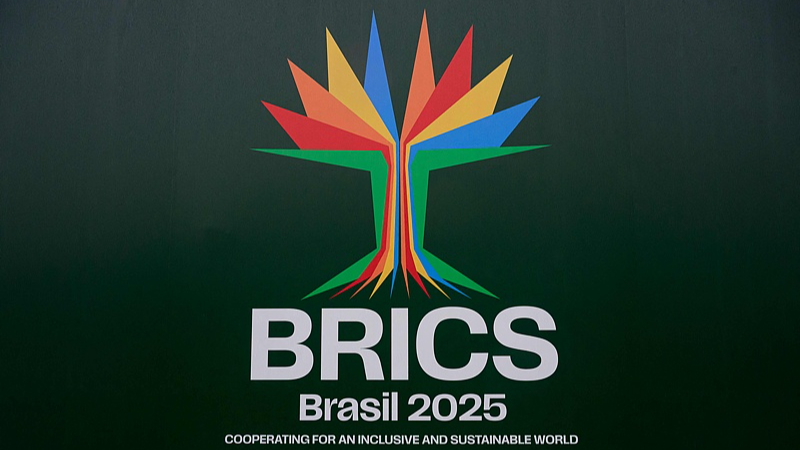














.png)


























.jpg)





.png)




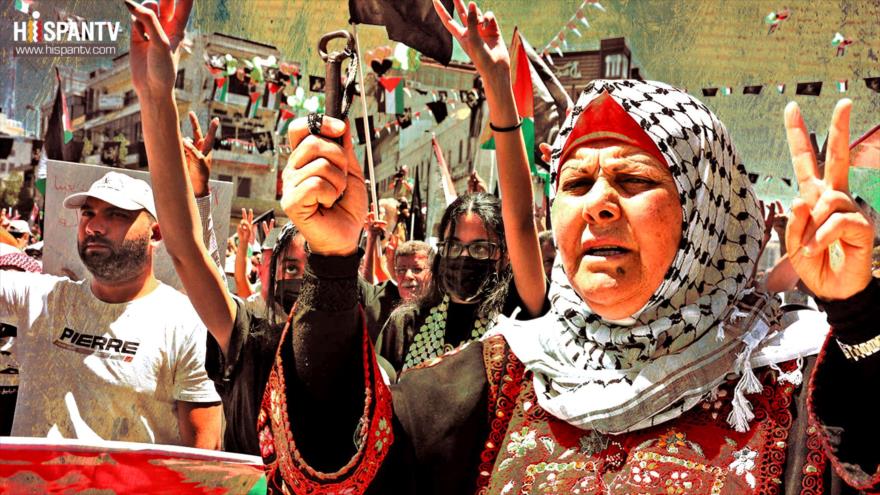









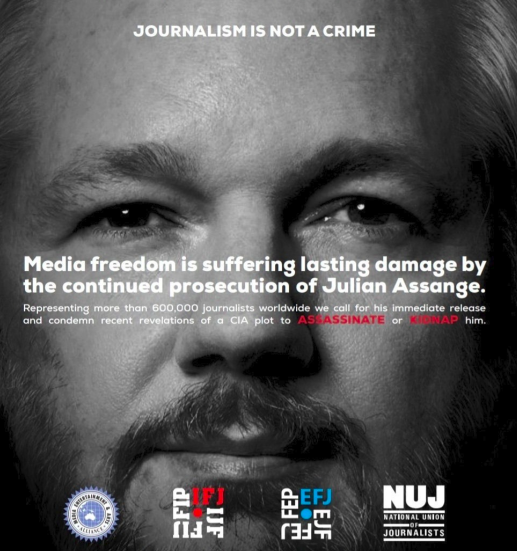




.png)

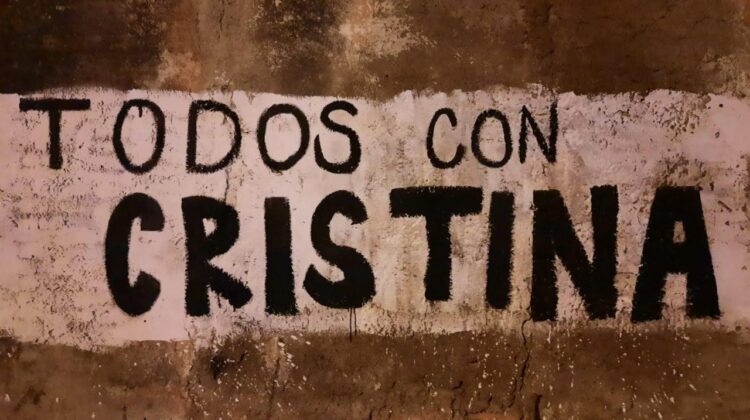

















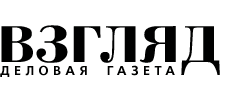

.png)

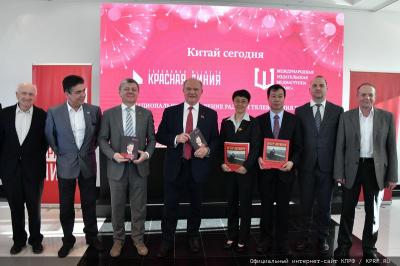

.png)


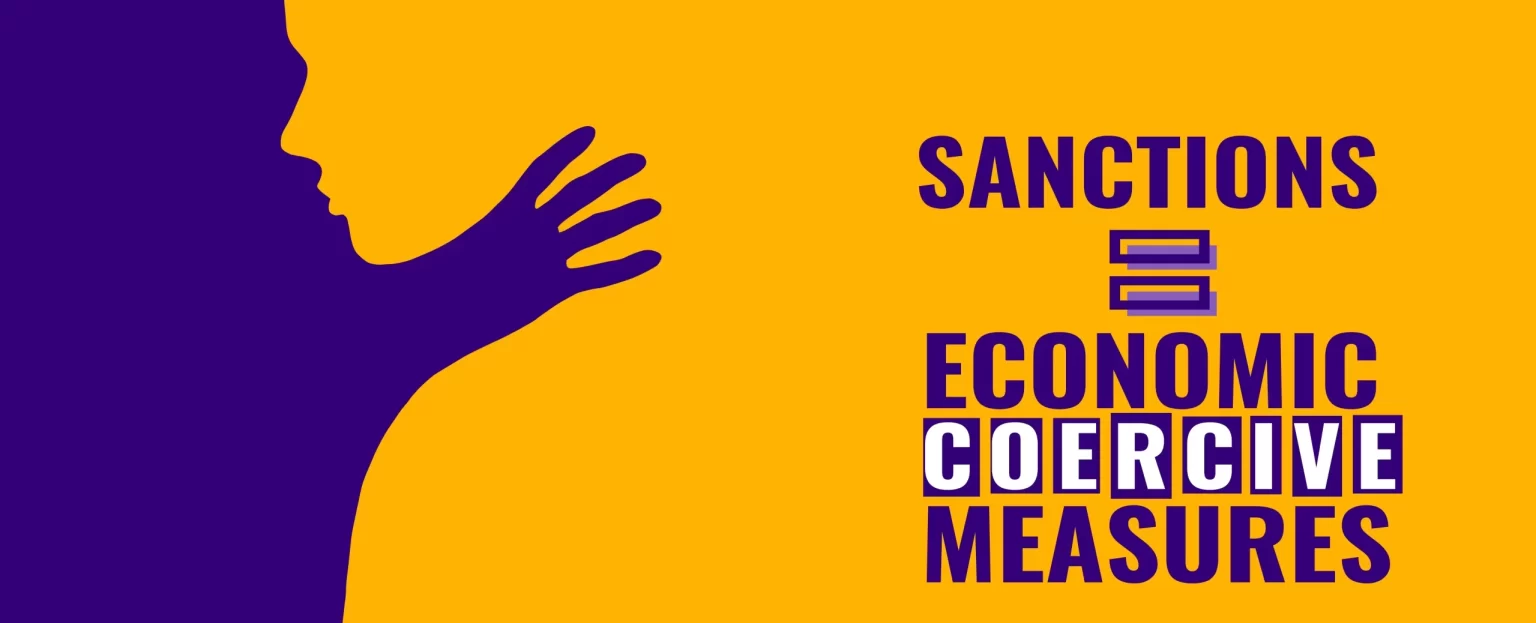
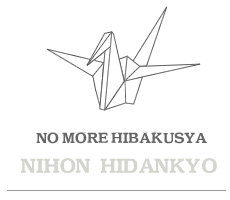
.png)
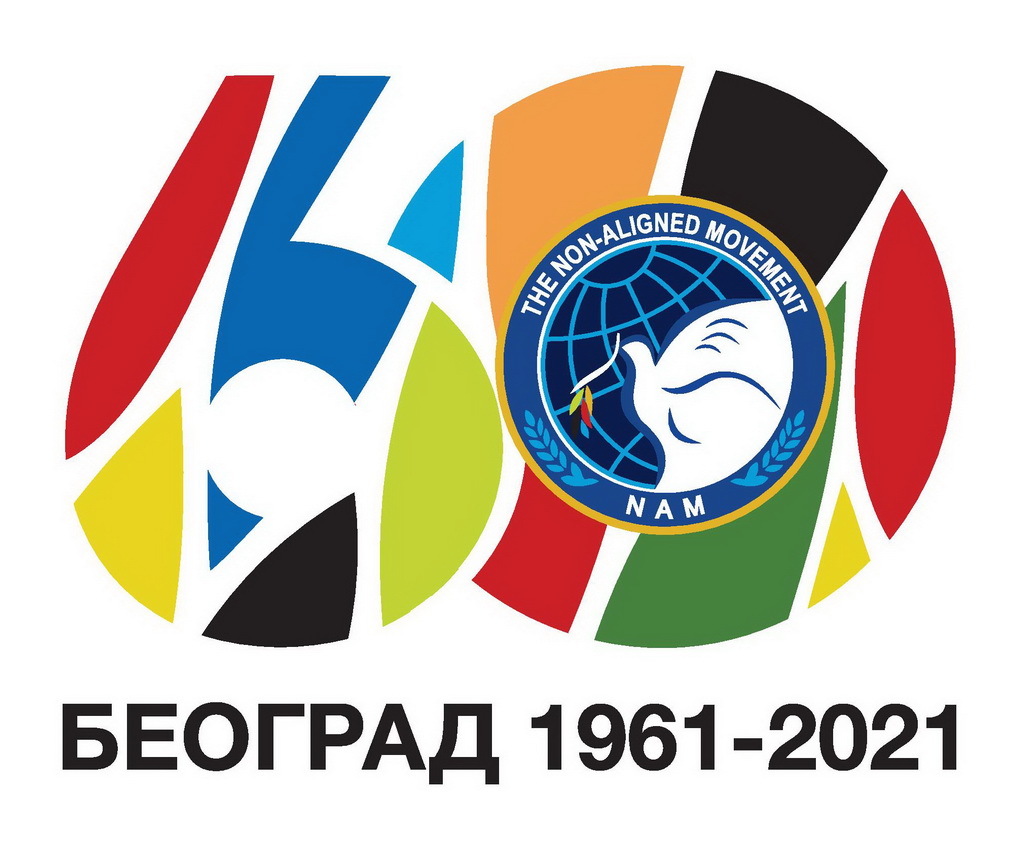




.png)


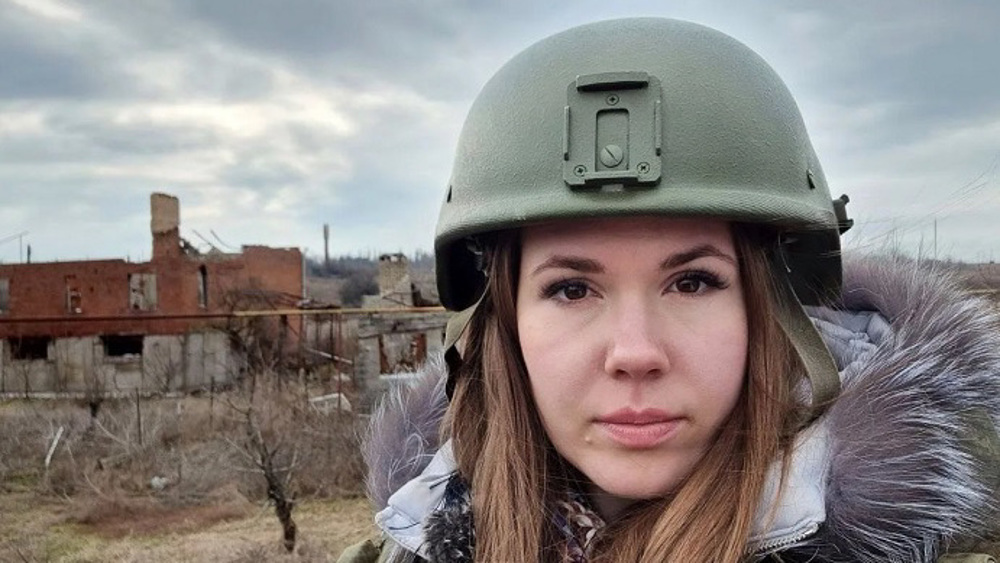


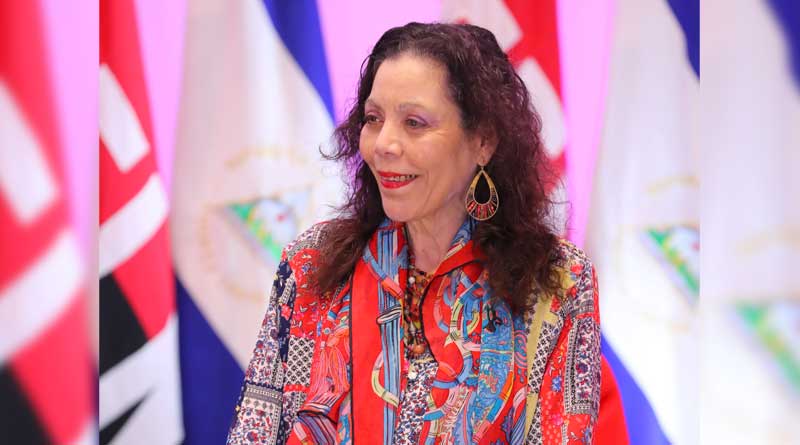


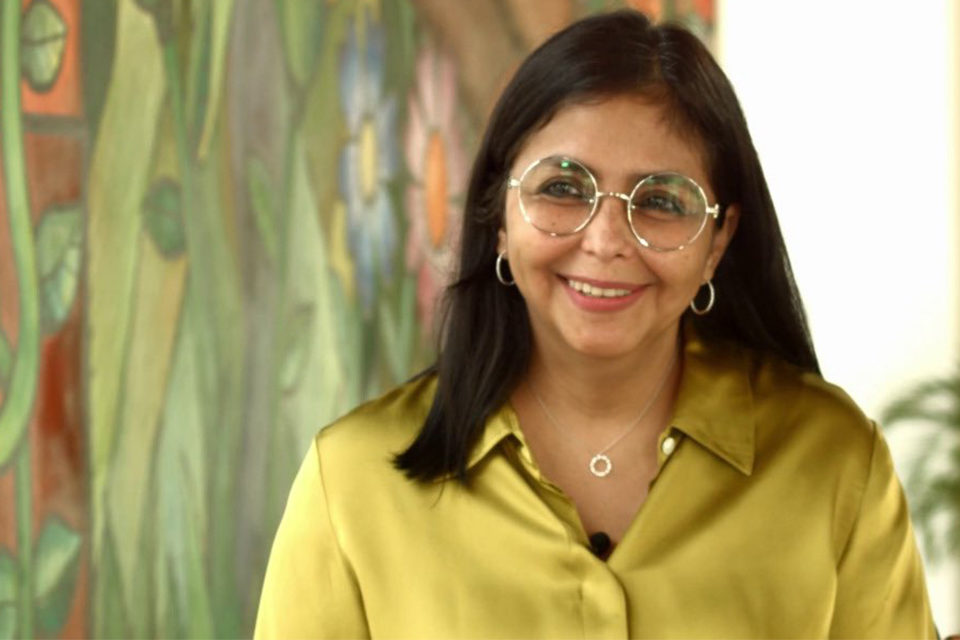





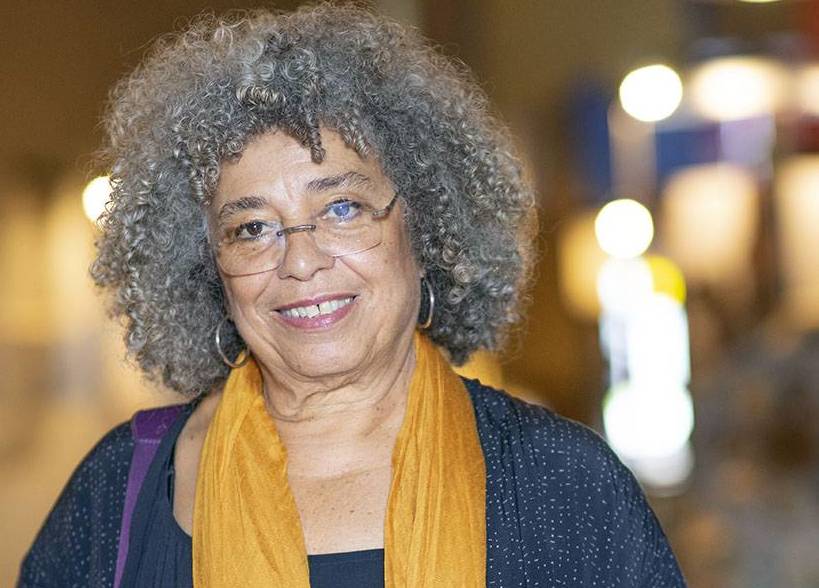





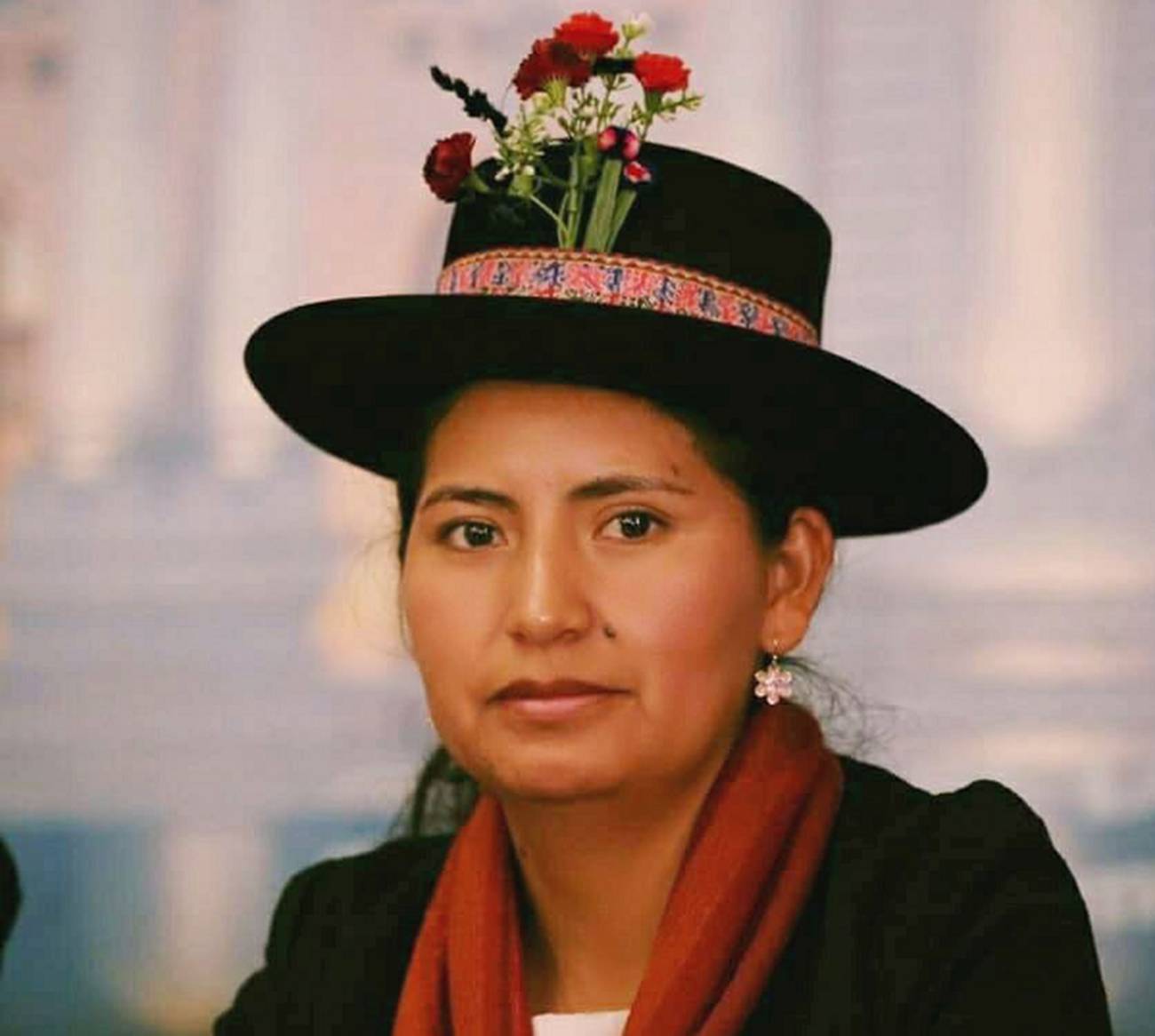








.png)
/regions/2022/04/21/6261763fc435e_logo-candidatecml-page-0001.jpg)



.jpg)
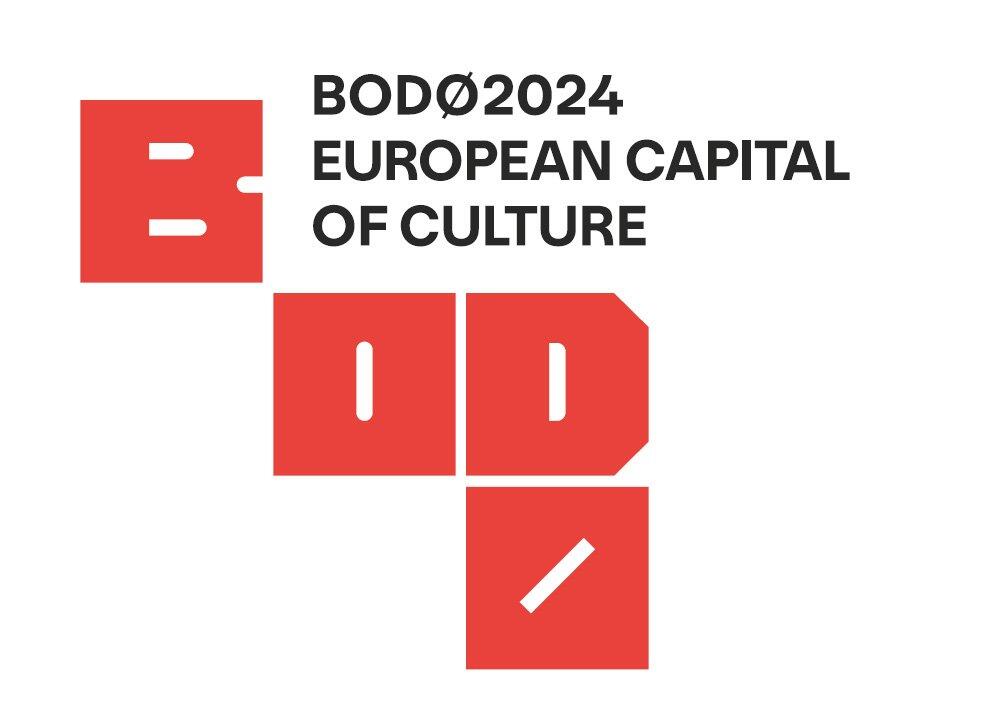


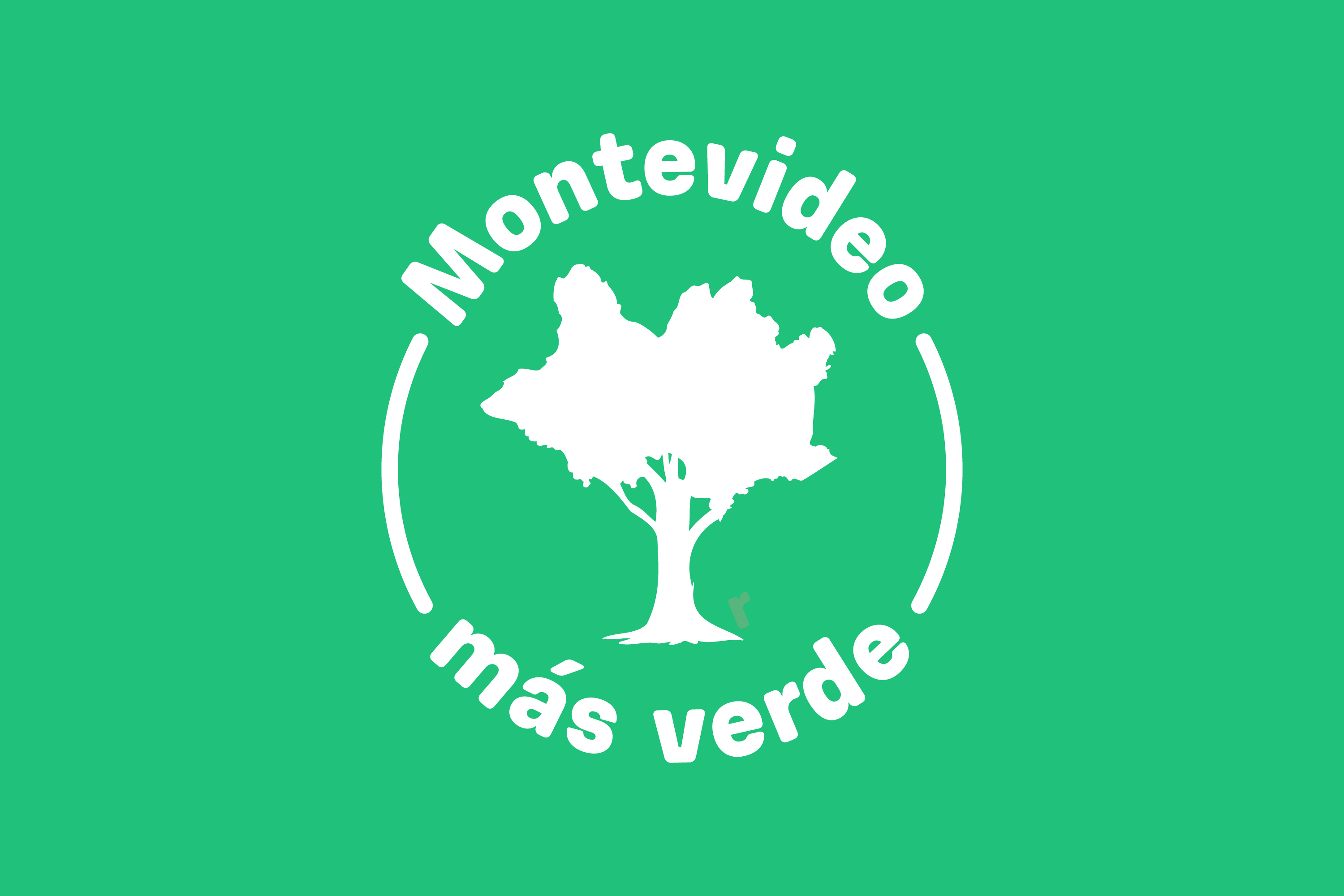














.png)
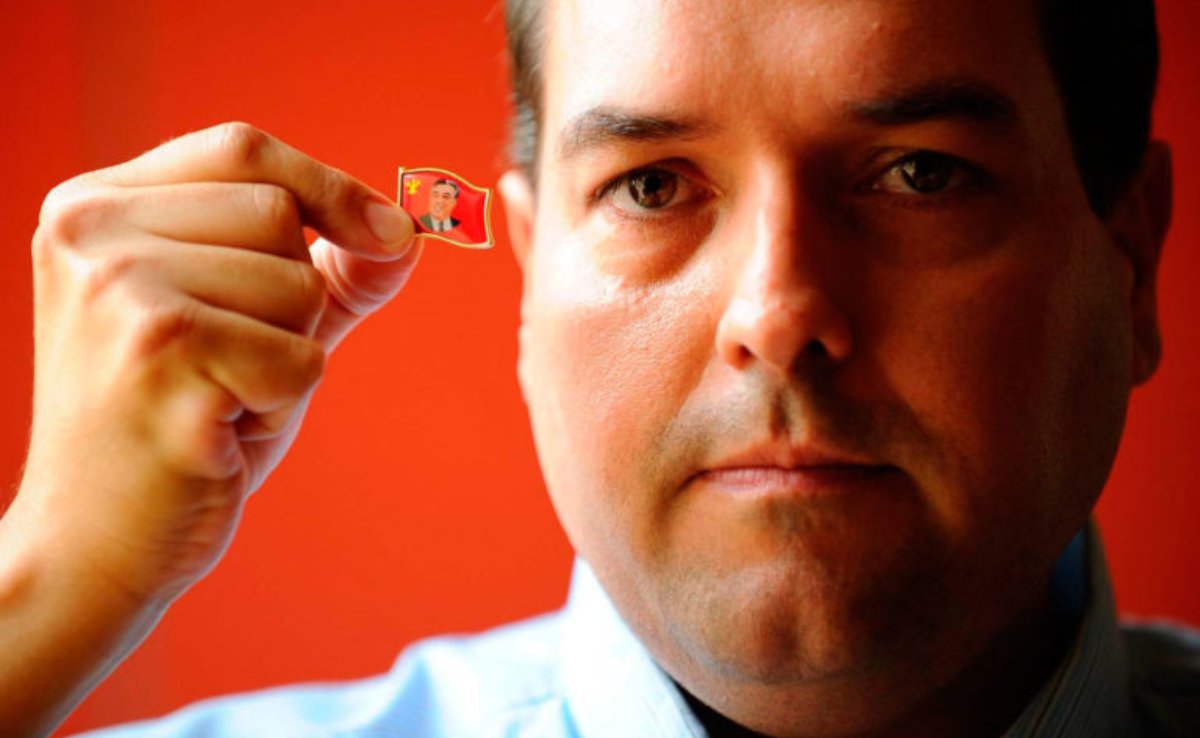
.png)
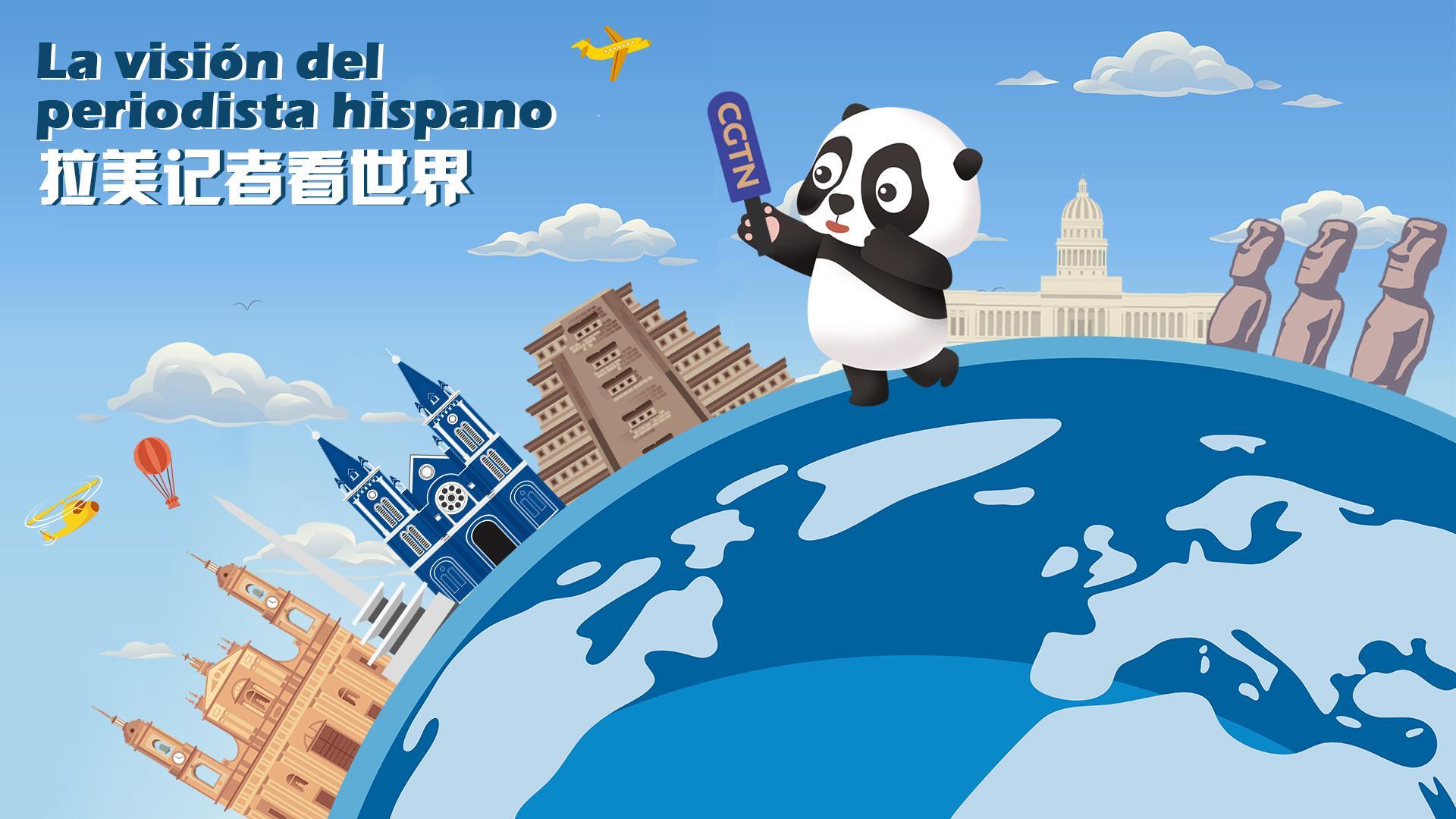
.png)

























































